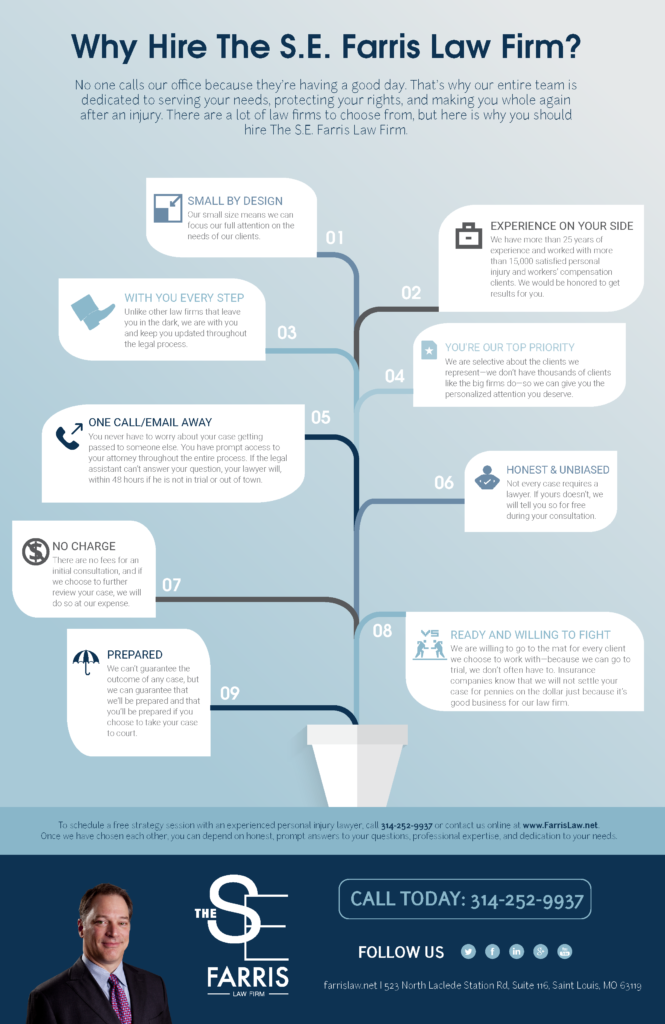Overview Of Expectations: The Timeline For A Conventional Divorce Case
Overview Of Expectations: The Timeline For A Conventional Divorce Case
Blog Article
Content Writer-Alston Hedegaard
As you start the journey of browsing a divorce situation, you might find yourself wondering about the timeline that exists in advance. From the initial phases of filing records to the complexities of negotiation and the potential for a test, each step holds its very own set of difficulties and uncertainties. Understanding the sequence of events can help you plan for what's to find and expect the twists and turns that may emerge along the road.
Preliminary Declaring and Service of Papers
When beginning the divorce procedure, the initial step is the initial filing of the necessary documents with the court. This step officially begins the legal treatment and establishes the separation situation moving. You should send forms that outline the grounds for divorce, possessions, liabilities, earnings, costs, and any other relevant info required by the court.
After filing these records, duplicates need to be offered to your partner, informing them of the divorce procedures. This solution can be done through a process server, sheriff's office, or certified mail, guaranteeing that your partner is formally informed of the divorce instance versus them.
Once the documents are filed and offered, the court will provide a case number and appoint a court to manage the situation. It's essential to accurately finish and submit these papers, as any kind of mistakes or omissions could delay the separation process.
This initial step lays the foundation for the lawful dissolution of your marriage, noting the beginning of a possibly tough however required process.
Exploration and Arrangement Phase
During the Exploration and Arrangement Phase of a separation instance, both parties take part in gathering info and trading appropriate documents to much better understand each other's economic circumstances and other important information. This stage is vital as it establishes the foundation for settlements and potential settlement arrangements. Via techniques such as interrogatories, requests for manufacturing of papers, and depositions, each celebration intends to discover facts, assets, debts, and other vital details that may influence the instance's end result.
Settlements during this stage commonly entail conversations on various problems like property division, youngster custody, visitation routines, and financial support. Both events may work with their attorneys to check out settlement options, possibly preventing the need for a test.
Arbitration or joint regulation processes might likewise be used to facilitate effective discussions and get to equally acceptable contracts. is georgia a 50/50 marital state to approach this stage with transparency, sincerity, and a willingness to compromise to achieve a smoother resolution and minimize the psychological and monetary toll of a lengthy court battle.
Test and Last Resolution
Moving on from the Discovery and Negotiation Stage, the Trial and Final Resolution stage marks the conclusion of your separation case. This phase is where unsolved issues are brought before a judge to make decisions on matters like possession division, youngster wardship, and support. The test usually involves providing proof, witness testimonies, and lawful debates to sustain your situation.
Throughout link webpage , both parties will certainly have the chance to offer their positions and counterarguments. It's essential to be prepared, as the court's choice will dramatically impact the final end result of your divorce.
Complying with the trial, the court will certainly issue a final judgment that lays out the regards to the divorce, consisting of any type of economic negotiations and guardianship arrangements.
When the judgment is issued, the separation is finalized, and both events are legally bound by its terms. While the test phase can be demanding and emotional, it's a necessary step in the direction of reaching a last resolution and moving on with your life post-divorce.
Final thought
In conclusion, navigating a divorce instance entails a collection of steps from filing first records to getting to a last resolution. Comprehending the timeline of events can aid you prepare for what to anticipate throughout the process. By being proactive, seeking legal support, and remaining informed, you can navigate the intricacies of divorce proceedings with self-confidence and clearness.
